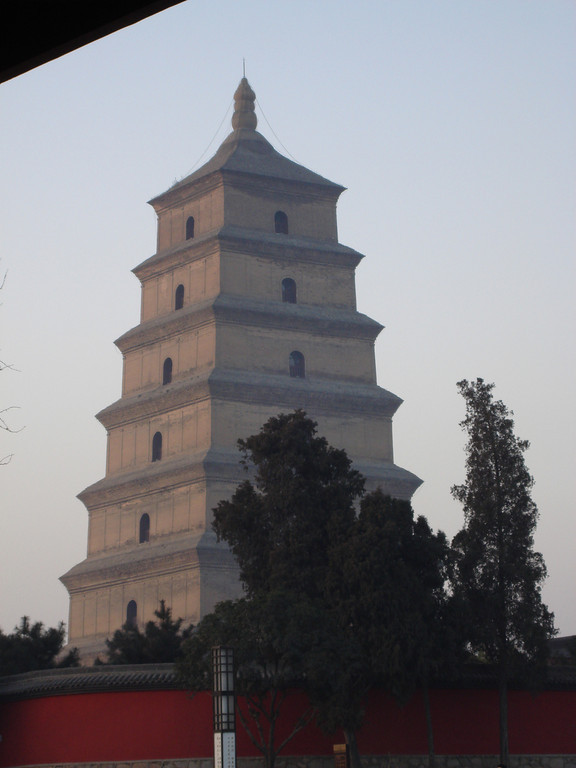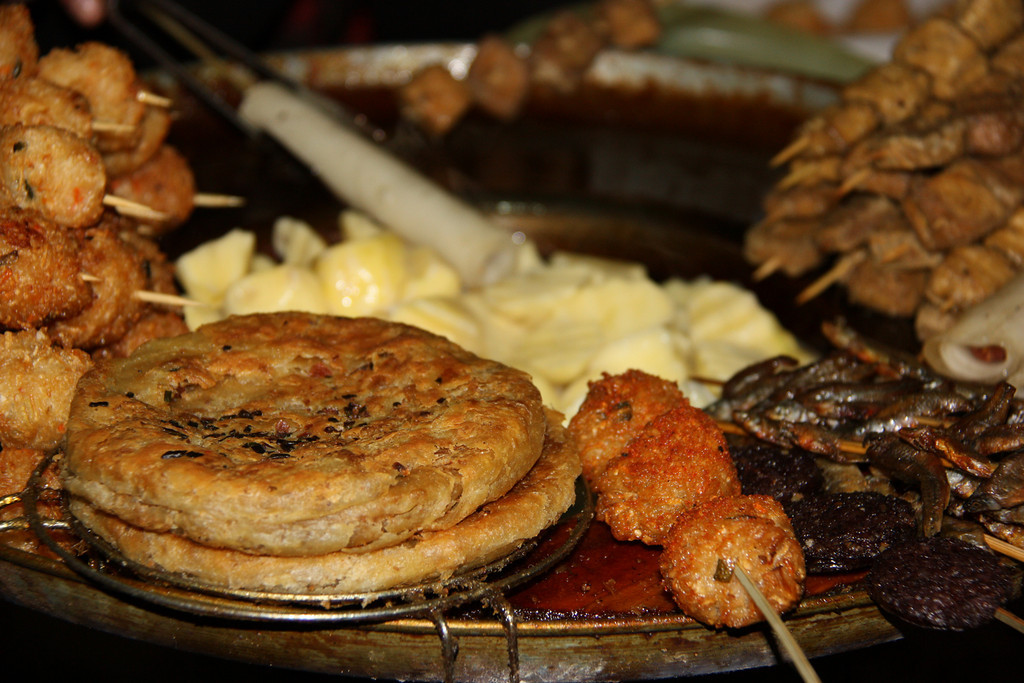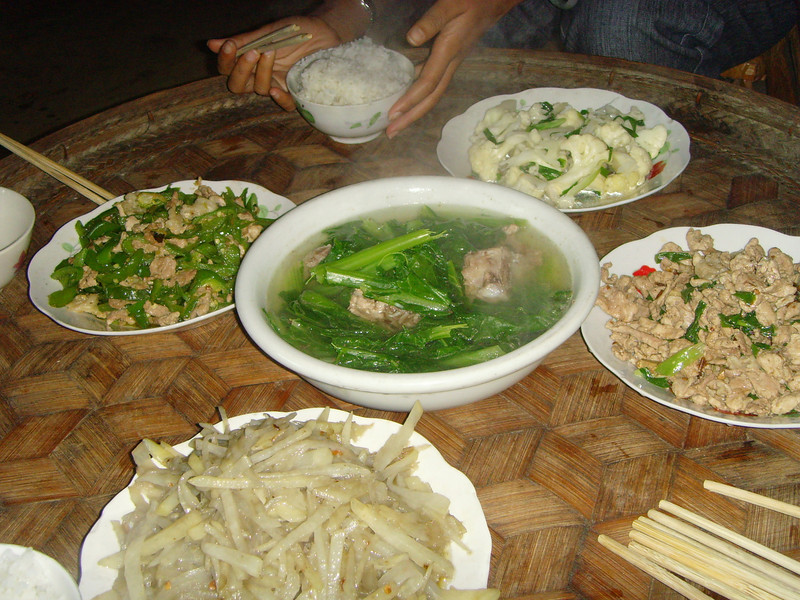A twitter post responding to a AsiaTravel tweet prompted this blog piece:
@Chinaandbeyond said: “I would trade Yunnan for Gansu or Sichuan, personally RT @AsiaTravel: First and only time to China?”

Gobi Desert in Gansu, Dunhuang
Let me decipher this for those who don’t tweet: AsiaTravel recommended a trip that goes to Beijing, Xi’an, Yunnan and Shanghai for those who are traveling to China for the first and only time. That link is a condensed link that goes to our website with the trip details.
Then @Chinaandbeyond account owner Ms. Jessica Marsden shared AsiaTravel’s recommendation to her followers. And she also added her own commentary that she would trade Gansu or Sichuan for Yunnan.

Big Goose Pagoda, Xi’an
What can I say? I am biased! I am from Yunnan, with a virtual identity called @yunnangirl! Everytime when a client calls me, I talk about Yunnan. That’s home to me. I can smell Yunnan if farmers burn the remaining rice stocks in their fields; I can hear Yunnan, even when I overhear visitors at the Smithsonian speak the local dialet; I can taste Yunnan, when I cut up mustard greens to make a jar of Yunnan Suancai pickles. It is in my blood.
And, I happen to be a lucky Wendy Perrin China Specialist, so I get to advise people who are interested in seeing China. Naturally, carrying the tradition of Yunnan hospitality, I want people to visit my home town, visit those villages where I grew up, and taste the spicy and sour cuisine, hike the mountains that I still dream about. More importantly, I want them to meet people of Yunnan.
How would I describe people of Yunnan? 纯朴,勤劳,善良。I am struggling with English equivalents here. Down to earth, hard working, and kind. The word has a 纯朴 connotation of being on the simple side in Chinese. But, I don’t take offense to that.

Street Food in Yunnan
People in Yunnan grow up land locked. Generations of locals from various ethnicity carve out their living in small patches of land in between mountains and rivers. So, either they farm, bent over their knees in the watery rice paddy fields, or they tilt the corn and potato fields on the steep mountains sides. Life in Yunnan has always been hard. The only wealth accumulated there is from trading, with Tibet, with Myanmar, Laos, and Viet Nam. This goes back hundreds of year, and the horse caravan trails bear witness to that.
For some reason though, in places so poor, the locals learned to cook these incrediblely tasty meals. Since the province is tucked between Sichuan to the North, and Laos/Thailand to the South, its cuisine is a lovely blend of those two. Spicy, but not numbing; sour, but without making your mouth pucker. Fresh vegetables and wild mushrooms are blessings.
Hospitality is another side of the Yunnanese that I love. Just recently, I traveled to a small town in Henan Province as a guest of the local government. Upon checking in, the hotel staff said that my ID wasn’t enough but insisted on me identifying the organization that invited me. I didn’t get the full name right, and she wouldn’t check me in. This was 2010? The concept of party/government affiliation trumping personal identity is still in practice in northern China.

Local Yunnan Dishes
While in Yunnan, they hear my dialect, they’ll watch my luggage for me while I go out to pay the taxi; they’ll fish out my luggage from the behind the conveyer belt so that I can put my tea needle in checked luggage (I talked about this in my earlier blog).
The local villagers in Yunnan still greet you with this, “ 吃了吗?来家里坐!“ “Have you eaten yet? Come visit my house!”
I know — sadly, Lijiang is changing (see our AsiaTravel blog piece on this). That’s all the more reason to visit the hidden treasures of China before they disappear.
